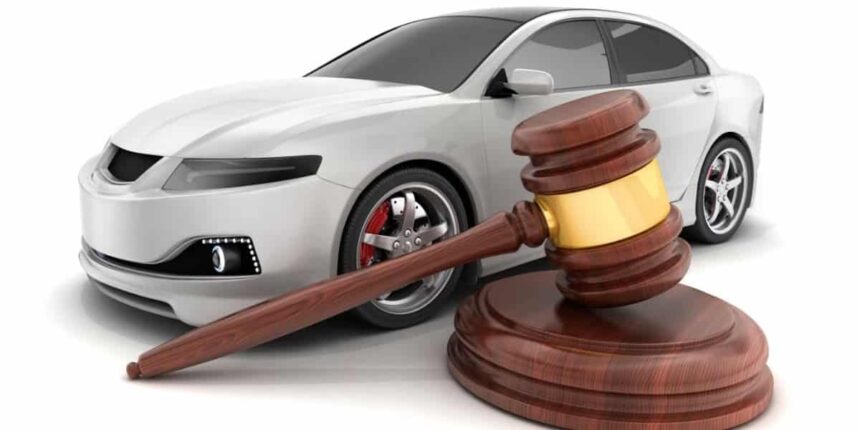Car accidents can be traumatic experiences that leave all parties involved shaken and uncertain about their legal rights. In such situations, it’s crucial to understand the legal system’s intricacies and complexities to protect one’s rights and provide a holistic overview of the essential aspects of car accidents and the subsequent legal processes.
Understanding Car Accidents: The Basics
When two or more vehicles collide on the road due to negligence, distraction, or any other cause, it constitutes a car accident. These accidents can result in various injuries, property damage, and financial implications for those involved.
Determining Liability
One of the critical factors after a car accident, especially in areas with high car accident fatalities like Georgia, is determining liability. This means establishing who was at fault for causing the accident and consequently responsible for any resulting damages. Liability in car accidents is often determined by gathering evidence such as witness testimonies, police reports, photographs of the accident scene, and medical records documenting injuries sustained.
Dealing with Insurance Companies
Insurance companies play a significant role in resolving claims arising from car accidents. It’s essential to report the incident to your insurance company promptly. In some cases, the at-fault driver’s insurance will cover damages directly through their liability coverage. In others, if you have uninsured or underinsured motorist coverage, your own insurance may compensate for losses if the responsible party lacks sufficient coverage.
Seeking Medical Treatment
Injuries sustained in car accidents vary greatly in severity–from minor cuts and bruises to more debilitating conditions such as fractures or spinal cord damage. Seeking immediate medical attention should be a priority after an accident because even seemingly minor injuries could have long-lasting implications if left untreated.
Documenting Evidence
Documentation is crucial while pursuing a personal injury claim resulting from a car accident. Immediately collecting evidence following an accident can significantly strengthen your case. Photographs of vehicle damage, skid marks on the road, traffic signs, or signals near the scene will help establish the circumstances surrounding the accident.
Furthermore, gathering witness statements and obtaining copies of medical records and receipts for treatment expenses will support your claim for compensation in terms of medical bills, lost wages, and pain and suffering.
The Importance of Legal Representation
Navigating through legal procedures involving car accidents can be overwhelming. Consulting with an experienced personal injury attorney is advisable to ensure adequate representation throughout the process. They possess expert knowledge of traffic laws, insurance regulations, and negotiation skills necessary for advocating on your behalf.
Settlement Negotiations
Most personal injury cases resulting from car accidents are settled out-of-court through negotiations between the parties involved. This process involves a careful evaluation of damages by all those affected. This may include medical expenses, vehicle repair costs, ongoing rehabilitation needs, lost wages, or earning capacity due to injuries sustained – both in the short term and long term.
Mediation and Arbitration
In instances where settlement negotiation does not reach a satisfactory outcome agreeable to both parties involved, other alternate methods can be employed, such as mediation or arbitration. A third-party mediator helps assist negotiations toward resolution without going to court. An arbitrator reviews the facts presented by both sides and makes a binding decision, resolving the dispute amicably.
When Litigation Becomes Necessary
In some cases, litigation becomes inevitable despite best efforts to settle disputes through negotiation or alternative methods mentioned earlier. Litigation involves filing a lawsuit in civil court seeking compensation against responsible parties or their insurance companies.
During litigation proceedings, documented evidence such as police reports, witness testimonies, or expert opinions must become central elements reinforcing your case before a judge or jury. If necessary, an attorney experienced in personal injury litigation can guide you effectively through this process.
Conclusion
Car accidents are sudden events that can have substantial consequences for all those involved. It is crucial to determine liability accurately and understand how insurance policies play into post-accident legal processes. Seeking immediate medical treatment, documenting evidence, and availing the services of an experienced personal injury attorney can significantly enhance your chances of receiving a fair claim settlement. Whether opting for negotiation, mediation, or litigation – understanding your legal rights is essential to ensure justice is served in the aftermath of a car accident.






